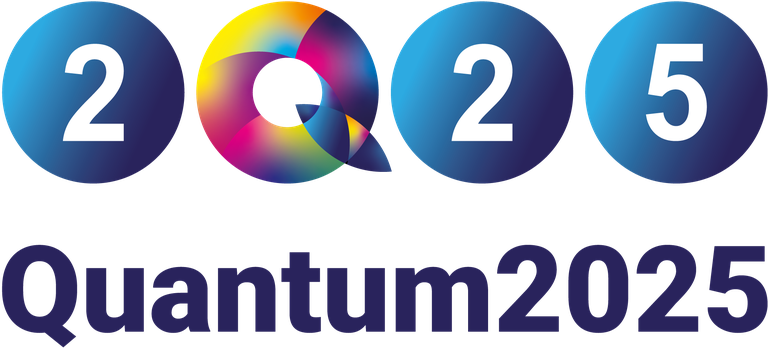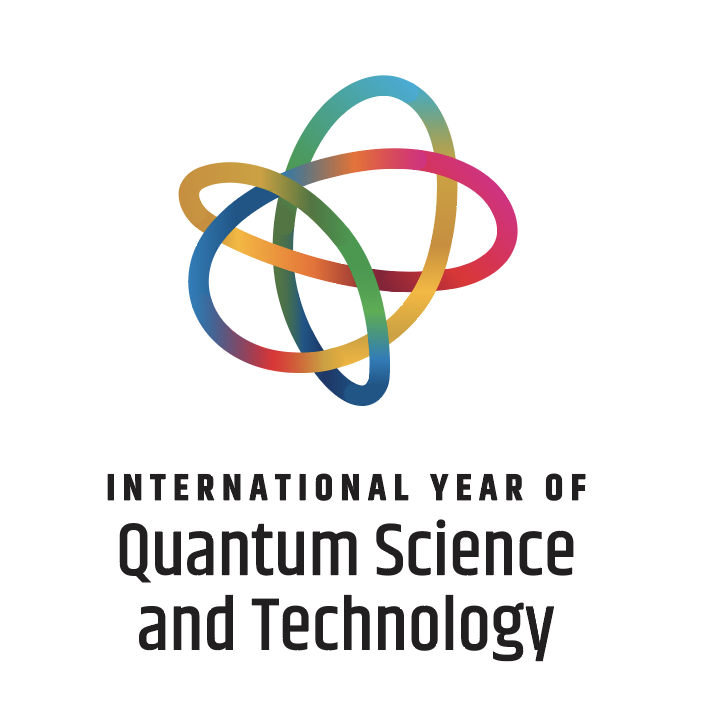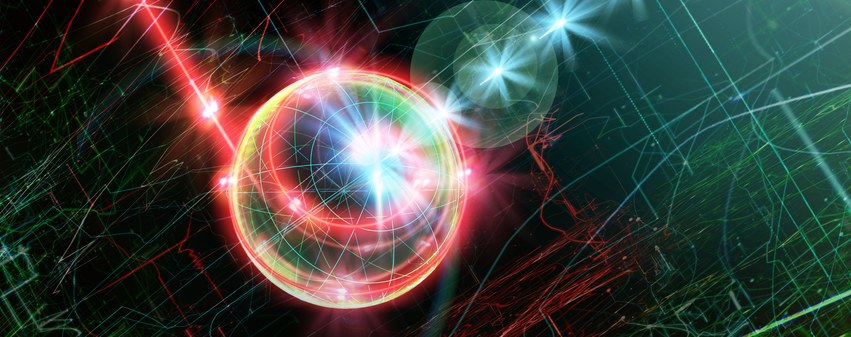Quantum2025 – 100 years is just the beginning...
The formulation of quantum mechanics in 1925 has laid a lasting foundation for our physical understanding of nature. Quantum technologies that have emerged from the beginning have not only changed our daily lives, they have also become pillars of our prosperity. This will be celebrated all over the world in 2025!
 |
Website of the quantum year in Germany, coordinated by the DPG: |
 |
Website of the international quantum year: |
The German Physical Society is taking the lead in implementing the International Year of Quantum Science and Technology proclaimed by the UN in Germany. Under the motto ‘Quantum2025 - 100 years are just the beginning...’, a wide variety of events and activities are being organised, but participation is also warmly encouraged. You can find more information on the website mentioned above.
Celebrate with us!
Events for the National Quantum Year can be submitted at https://www.quantum2025.de/node/add/quantum_event.

Numerous activities in the anniversary year are made possible by the generous support of the Wilhelm and Else Heraeus Foundation.
